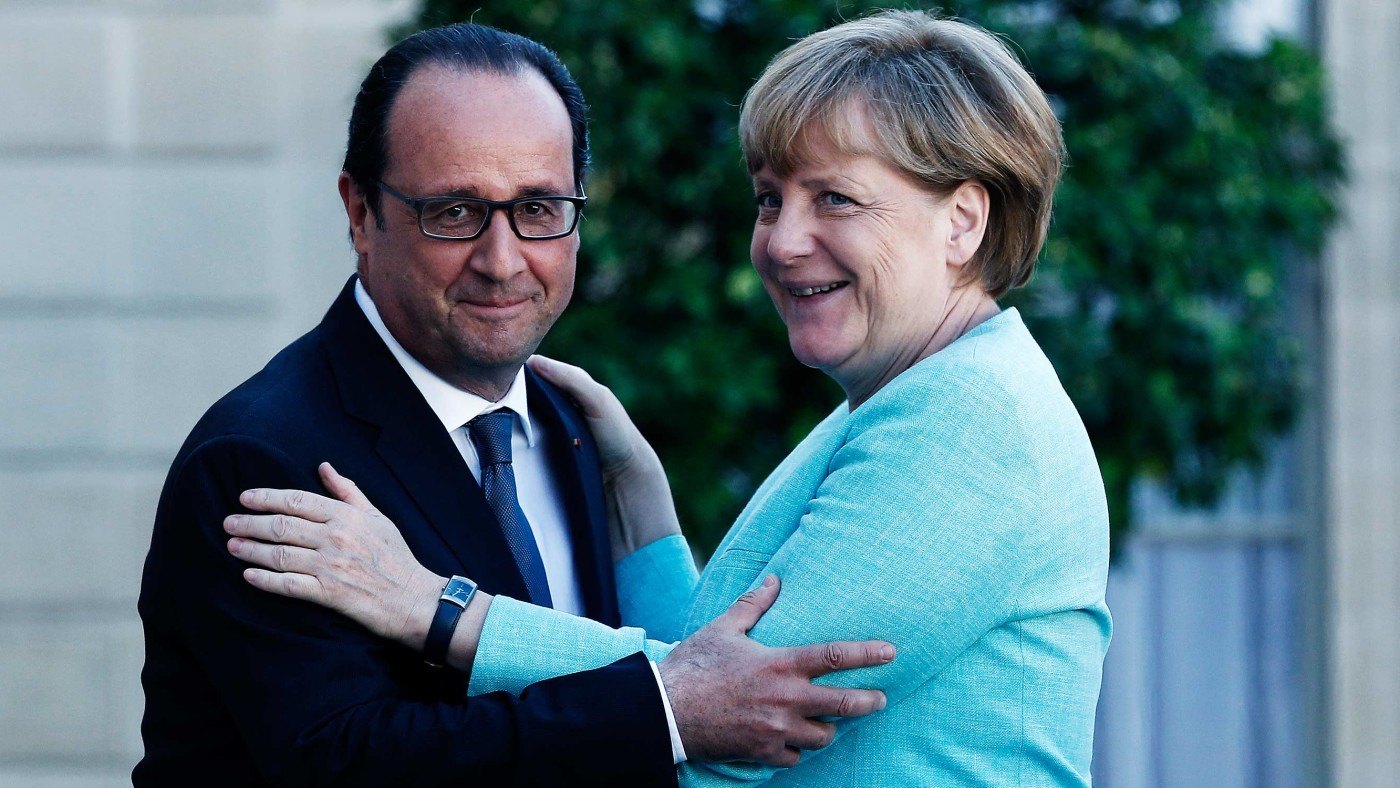Back in August, one of the Prime Minister’s aides told the Sunday Times, ‘If the referendum campaign is fought around what is actually renegotiated we are f****d.’
Yup. Far from boosting the Remain campaign, as originally intended, the renegotiation process served only to raise and then dash expectations. The Guardian and the BBC were as scornful at the result as the Express and the Sun. Even the leader of ‘Labour In’, Alan Johnson, agreed that the whole process was ‘a sham’.
Remain campaigners are now frantically trying to move the conversation on. Many journalists, too, feel that the deal was last week’s story, and that it’s more fun to write about whether the PM’s wife is still talking to Michael Gove’s.
But we shouldn’t let the topic drop yet, for two reasons. First, because it becomes clearer every day that even the pitiful changes claimed by the PM won’t be delivered. Second, because the renegotiation fiasco is becoming one of the strongest argument for voting Leave.
Even as David Cameron was proclaiming a ‘special status’ for Britain, it emerged that Angela Merkel had told fellow EU leaders, ‘On the question of amending the treaties, we do not know if we ever will have to change them’.
François Hollande went further and in public: ‘No revision of the treaties is planned’. Just in case there was any doubt, his foreign minister, Jean-Marc Ayrault, spelt it out: ‘There will be no treaty revision, there is no UK veto, there is no calling into question of the principle of free movement.’
This is by far the most important development since the talks – far bigger than the welcome declaration by Boris Johnson that he wants Britain ‘to renew our approach to law-making, to strike new trade deals around the world, to galvanise our economy and politics and to give people confidence back in their country.’
As recently as January 2015, David Cameron was insisting that ‘proper full-on treaty change’ was a prerequisite for any deal. He knew that, without a treaty change, any deal would be empty. He had that lesson brutally reinforced in July when, despite an agreement drawn up in the clearest language that our lawyers could devise, Britain was forced to join in the third Greek bailout.
The text drawn up in Brussels explicitly restates the supremacy of the existing treaties and the authority of the European Court of Justice (ECJ). That tribunal will continue to rule in an inventive and tendentious way so as to advance the goal of political integration. As Martin Howe QC has explained, even the promise to remove Britain from ‘ever-closer union’ is worthless.
Listen to the Lord Chancellor, Michael Gove. The deal, he says, changes neither the treaties now the power of the Euro-judges who interpret them. ‘The whole point about the European Court of Justice is that it stands above the nation states.’
Please, lobby correspondents. The significant thing here is not that David Cameron was at Michael Gove’s wedding. It’s that the minister in charge of our legal system is telling us, with the full authority of his office, that the deal just reached in Brussels will change nothing.
In a letter to the Times the following day, Marina Wheeler made the same point, but took it further. Not only was the deal worthless; but the fundamental problem of an activist ECJ – an ECJ that rules on the basis of what it thinks the law ought to say rather than what it says – was left unaddressed. ‘Brexit or no Brexit,’ she wrote, ‘there is a crisis of judicial legitimacy at the heart of the EU that someone needs to address.’
Please, lobby correspondents. The significant thing here is not that Marina Wheeler is married to Boris Johnson. It’s that she is right.
Which brings us to the most significant thing of all. The PM went into these talks seeking a new deal. He came back with not one power returned, not one line in the treaties altered. After all the travel, all the promises, the renegotiation boiled down to amending one directive on benefits. And, as long as the ECJ is in charge, it is not clear that even tweak will take place.
Plenty of people will tell you that the process has been a waste of time. Wrong. The process has served to demonstrate, beyond doubt, that the EU won’t change. Even when its second largest contributor is about to vote on leaving, it is unable or unwilling to make any meaningful concessions.
In other words, the PM has, without intending it, done us a favour. He has proved that Britain’s relationship with the EU cannot be changed while we remain members. The only way to get the special status he likes to talk about, the ‘best of both worlds’, is to vote to leave, and replace our current legal subordination with a deal based on trade, friendship and alliance.


